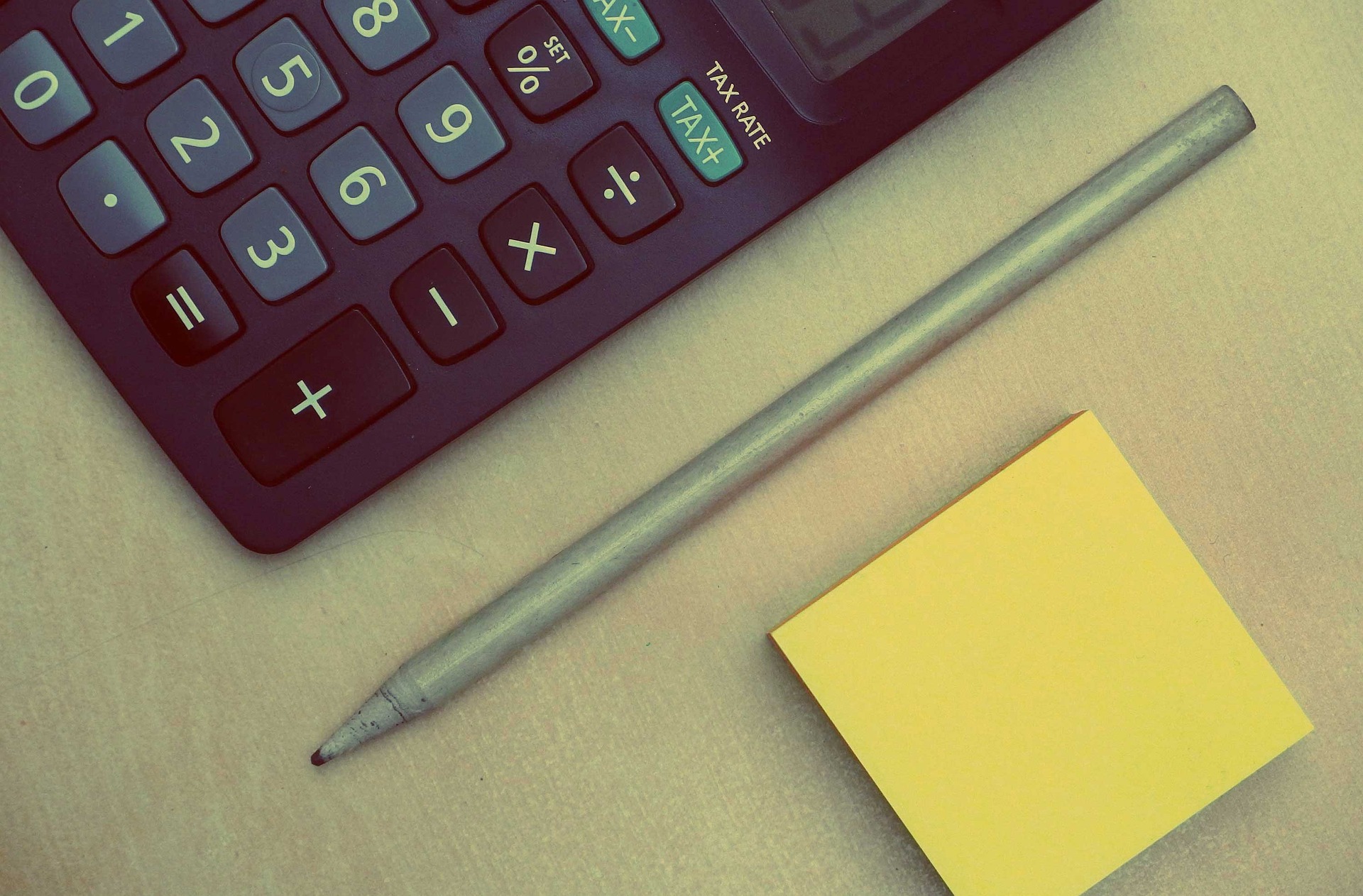
11 May How will N.J. tax my COVID hardship withdrawal?
Photo: pixabay.comQ. I took a COVID hardship withdrawal from my retirement account in 2020. New Jersey did not adapt the same guidelines as the federal government, which allowed the income to be spread over three years. While I understand this, I paid a portion of the money back to my retirement account. Should New Jersey be taxing me on the entire withdrawal or the net amount after the partial repayment? If it is the net amount, I do not have any tax documents from my retirement account aside from the 1099R for the gross withdrawal. What do I need to do?
— Confused
A. Actually, you’re incorrect about how New Jersey will be treating COVID withdrawals.
The state recently provided guidance that it will indeed be following the federal rules.
There are several requirements for the withdrawal to be eligible for these advantageous rules, said Joseph Sarnecki, a certified financial planner with U.S. Financial Services in Fairfield.
To qualify, you must have been:
· Diagnosed with COVID-19;
· Your spouse or dependent is diagnosed with COVID-19;
· You experience adverse financial consequences as a result of being quarantined, being furloughed or laid off, or having work hours reduced due to COVID-19;
· You experience adverse financial consequences as a result of being unable to work due to lack of child care due to COVID-19, or;
· You experience adverse financial consequences as a result of closing or reducing hours of a business that you own or operate due to COVID-19.
A coronavirus-related distribution (CRD) allowed for a distribution of up to $100,000 from an eligible retirement plan without a 10% penalty, Sarnecki said.
As you noted, the individual has the ability to spread the tax payments over three years, as well as pay back the distribution over three years and receive a refund for any taxes paid by filing an amended return, he said.
Therefore, if the repayment of your CRD qualified as a tax-free rollover for federal tax purposes, New Jersey will now also recognize that as a tax-free rollover, he said, noting you should only pay on the net distribution.
“If you took the distribution in 2020 but paid some back in 2021, you will need to provide documentation, confirming the repayment, as it is not shown on your 2020 1099-R,” Sarnecki said.
Email your questions to Ask@NJMoneyHelp.com.
This story was originally published on May 11, 2021.
NJMoneyHelp.com presents certain general financial planning principles and advice, but should never be viewed as a substitute for obtaining advice from a personal professional advisor who understands your unique individual circumstances.

